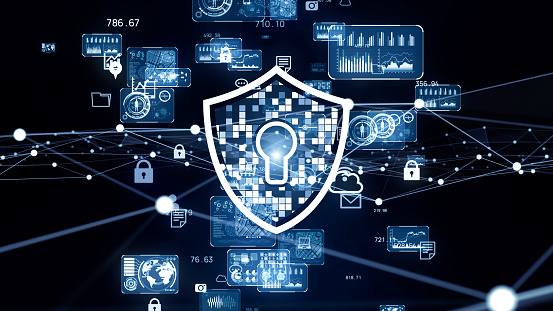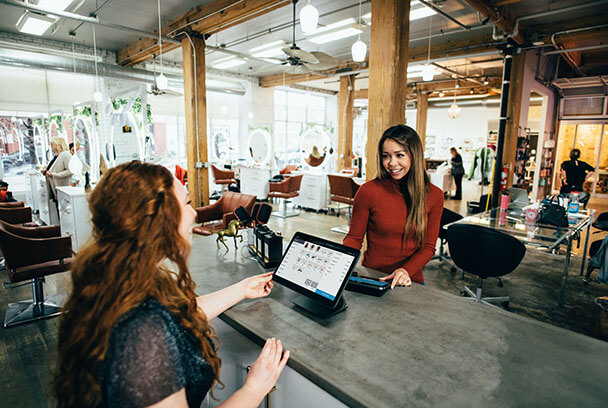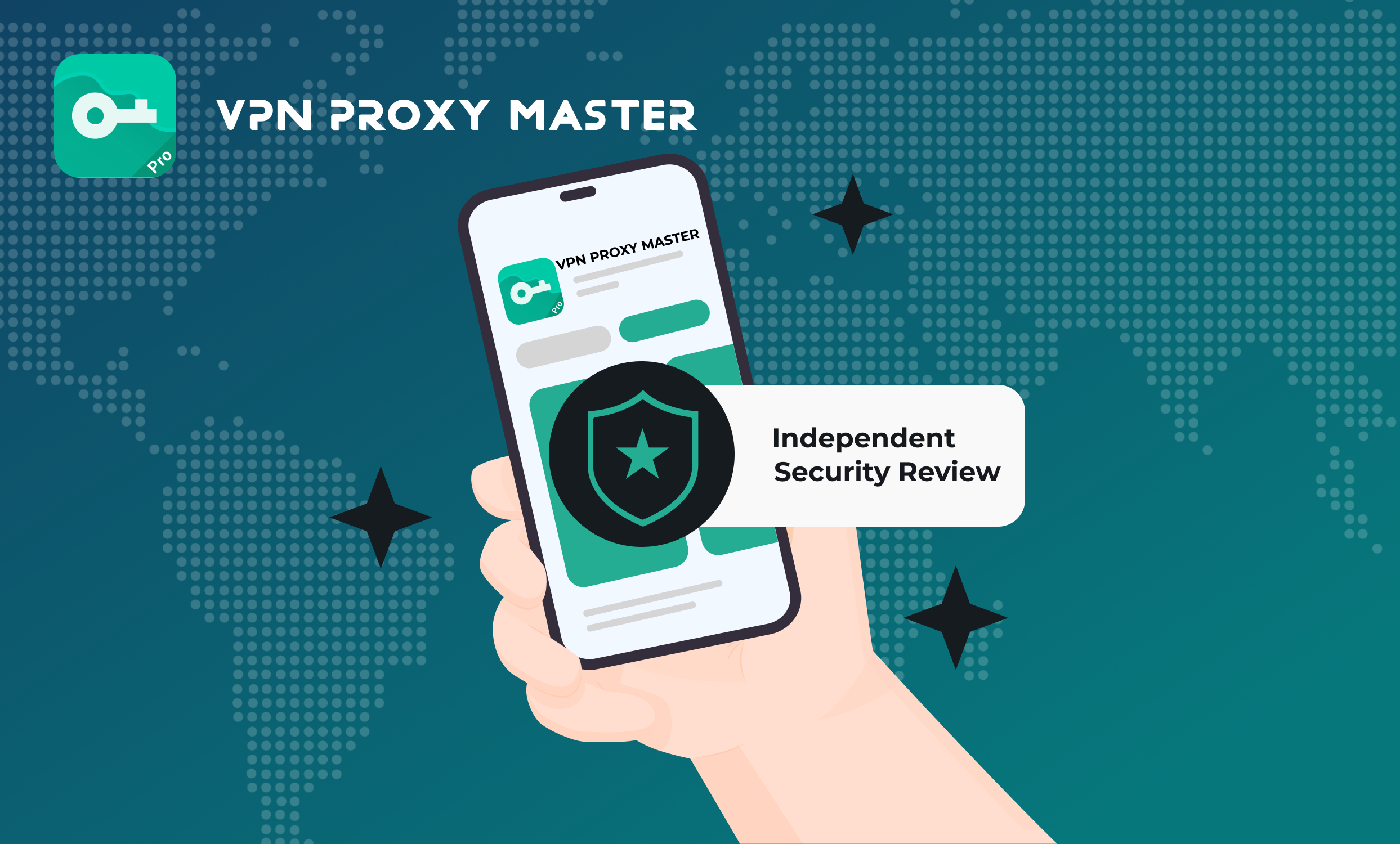
Many individuals use VPN in order to protect their privacy. However, these users are also concerned about exposing their actual locations. Government and other agencies also track some people based on their VPN activity. It encrypts the traffic from your machine to the exit point of the VPN network and hide your IP address. It isn’t therefore likely to protect you from an adversary like “Anonymous” unless they happen to be on the same local LAN as you. People can still trace you with other methods. It can leak your real IP at times.
Ways you are Tracked Online
There are many ways they can track you online, including through cookies, web beacons, and other tracking technologies.
Browser Cookies
They can use browser cookies for tracking because they allow websites to store information about your online activity. This information allows to track your online activity and target advertisements to you.
Web Beacons
Web beacons include small images embedded in web pages and emails. We can use them for tracking because they allow websites to track your online activity.
Write about use of IP address in tracking users
Using IP Address
IP addresses help to track users online in a variety of ways. One common way is through the use of cookies. Cookies include small files stored on a user’s computer that contain information about the user’s browsing habits. When a user visits a website, the website can send a cookie to the user’s computer. The cookie contains a unique identifier used to track the user’s activity on the website.
Web Logs
Another way that IP addresses are used to track users is through the use of web logs. Web logs consist of files stored on a web server that contain information about the user’s activity on the website. The information in the web log includes the user’s IP address, the date and time of the visit, the accessed pages, and the amount of data transferred.
Approximate Geolocation
IP addresses make it possible to track users in real-time. Geolocation is a process that uses information about the user’s IP address and the location of the IP address to determine the user’s approximate location. This information helps to track the user’s movements in real-time.
Another method of tracking users using IP addresses is via cookies. It is possible to track users using these methods for a variety of purposes, such as marketing, advertising, and security.
How to Avoid Being Tracked Online?
It is not possible to avoid being tracked online in one way. To reduce the chances of being tracked, you can use a private browsing mode, use a VPN, or install a browser extension that blocks cookies and other tracking technologies.
Can you still be tracked if you use a VPN?
Yes, someone can still track you. While using a VPN, it hid your IP address from websites you visit. However, it can still see your real IP address and can track your activities.
Still, VPNs are an effective tool for protecting your online privacy from tracking. By encrypting your traffic and routing it through a VPN server, your ISP and other third parties will be unable to see what you’re doing online. This means they’ll be unable to track your browsing habits, build up a profile of you, or sell your data to advertisers.
Can the Police or the Government track you through a VPN?
The police or government can track you if you are using it that does not have a strict no-logs policy in place. If the VPN keeps logs of your online activity, the police or government can request these logs from the VPN provider and use them to track you.
Role of No-Logs Policy
VPN no-logs policies ensure that the providers do not keep any records of user activity while connected to the VPN. A privacy feature like this allows users to feel confident that they are not being tracked or monitored.
This allows you to browse the Internet freely and anonymously. If a VPN provider is not offering a no-log policy, then it might not be a good choice.
Should I keep VPN connected?
You can easily fire up it, set a location and watch your favourite services play without a hitch. So, when should you use a VPN? By default, it does not encrypt your connection when you use it. So, when you connect to the internet without it, there is a chance of third parties accessing your data.
Therefore, it is a wise option to connect to a good one whenever you use the internet. This will automatically protect your real IP address from intruders.
Can it hack VPN?
They designed VPN technology to be highly secure and difficult for anyone to hack. Still, some services are not as secure as they claim to be. Cyber criminals can hack them. The most secure services use Perfect Forward Secrecy (PFS) which makes it virtually impossible to hack into your account.
Does VPN hide your WiFi history?
While using a VPN, your ISP cannot decipher the contents of your internet traffic or stream media content as they normally would. That means your internet service provider (ISP) and anyone else spying on your data will see your information—such as your browsing activity—but in an encrypted form.
This information makes it possible to track your exact location. Most ISP providers have to abide by all governmental policies that require service providers to allow access to the required data.
Common Questions
Can VPN mess up your WiFi?
It is important to understand that a VPN service will always slow down your internet connection to some degree. It is necessary because the service encrypts your connection and makes it secure from prying eyes. But if it is slow, it can ruin the user experience completely.
Does VPN drain battery?
If your VPN app is forcing your device to maintain a constant active connection, that’s going to drain the battery very quickly. Some Android apps for instance will default to a continually active the connection without any way to disable it.
Can you be tracked if you use a VPN?
No, your web traffic and IP address can’t be tracked anymore. The IP assigned by your VPN provider helps to route all your web traffic through a secure tunnel. When using your identity changes, so there is no way to trace you.
Is VPN safe for online banking?
Yes, it is safe to use it while doing your online banking. When you use a VPN for online banking, it encrypts all of your banking traffic. This means that your banking information will be unreadable to any third-party that might try to intercept your data.
Can a VPN steal my information?
When it comes to protecting your privacy, most VPNs fail. Many popular, highly-rated VPN services will leak your IP address, infect your computer with malware, install hidden tracking on your devices, steal your private information, leave your data exposed on unencrypted servers, and secretly log everything you’re doing.
Is VPN safe for online shopping?
Using it for online shopping can keep your personal information and card details safe. In fact, it’s the best way to protect yourself if you’re using public Wi-Fi to shop. Secondly, if you connect to a VPN server in another country, it’s much harder for companies to track you and collect your data.
Can VPN steal passwords?
A VPN can intercept SSL connections. An Adguard study found Android apps for Avast SecureLine VPN and Hotspot Shield were sending unencrypted user passwords over the internet.
Can VPN hack your bank account?
If it hacks a bank account, it is because the hacker has found a way to compromise the security of your computer or mobile device. You can always prevent this by using it or by choosing a secure and trustworthy bank.
Is it safe to use public WiFi with VPN?
Yes, it is safe to use a VPN on public WiFi. Using it encrypts your data when you connect to a public WiFi network, making it impossible for your ISP, website owners, WiFi network administrators to see what you’re doing online.
Can you be tracked if you use a VPN on your phone?
A VPN encrypts the traffic from your machine to the exit point of the VPN network. It isn’t therefore likely to protect you from an adversary like “Anonymous” unless they happen to be on the same local LAN as you. People can still trace you with other methods. … It can leak your real IP at times.
Conclusion
Every VPN promises complete privacy, however, only few of these services are actually trustworthy. Many VPN providers do not have a no-log policy which means they can share your data with any third-party. Therefore, a no-log policy is necessary to ensure that a VPN provider never shares information under any circumstances.
VPN Proxy Master is among one of those providers who have a strict no-log policy. They do not share any data of their users to other third-parties. Moreover, they use AES 256 bank-level encryption to protect data from hackers.
Moreover, the service is available on all iOS, Windows and smartphone devices. If you are concerned about your privacy then feel free to grab a monthly plan with 3 months of free usage.















